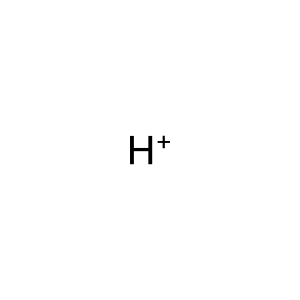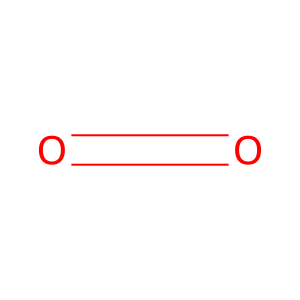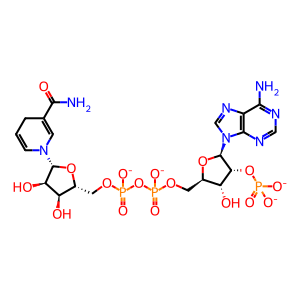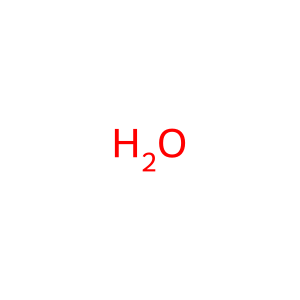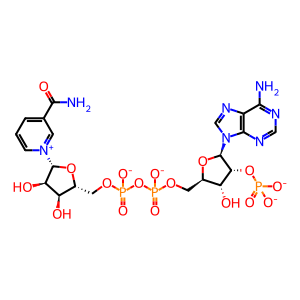Reaction: CYP4V2 omega-hydroxylates DHA to HDoHE
- in pathway: Endogenous sterols
The main physiological function of normal retinal photoreceptor epithelial (RPE) cells is to import polyunsaturated fatty acids (PUFAs) from the bloodstream and to recycle them to maintain lipid homeostasis in photoreceptors. CYP4 enzymes are microsomal fatty acid omega-hydroxylases that function to degrade cellular lipids. CYP4V2 is present in epithelial cells of the retina and cornea, localised to the endoplasmic reticulum membrane and can hydroxylate PUFAs to their respective omega-hydroxylated products. Docosahexaenoic acid (DHA), which is found at high concentrations in the eye, is a C22 PUFA which is hydroxylated to omega-hydroxy-DHA (Nakano et al. 2009, 2012). Defects in CYP4V2 can cause Bietti crystalline corneoretinal dystrophy (BCD; MIM:210370), an ocular disease characterised by retinal degeneration and marginal corneal dystrophy resulting in progressive night blindness and constriction of the visual field. A typical feature is multiple glistening intraretinal crystals scattered over the fundus (Li et al. 2004, Nakano et al. 2012).
Reaction - small molecule participants:
H2O [cytosol]
NADP+ [cytosol]
hydroxydocosahexaenoic acid [endoplasmic reticulum membrane]
H+ [cytosol]
DHA [endoplasmic reticulum membrane]
O2 [cytosol]
NADPH [cytosol]
H2O [cytosol]
NADP+ [cytosol]
hydroxydocosahexaenoic acid [endoplasmic reticulum membrane]
H+ [cytosol]
DHA [endoplasmic reticulum membrane]
O2 [cytosol]
NADPH [cytosol]
Reactome.org reaction link: R-HSA-6786239
======
Reaction input - small molecules:
hydron
docosahexaenoic acid
dioxygen
NADPH(4-)
hydron
docosahexaenoic acid
dioxygen
NADPH(4-)
Reaction output - small molecules:
water
NADP(3-)
hydroxydocosahexaenoic acid
water
NADP(3-)
hydroxydocosahexaenoic acid
Reactome.org link: R-HSA-6786239

